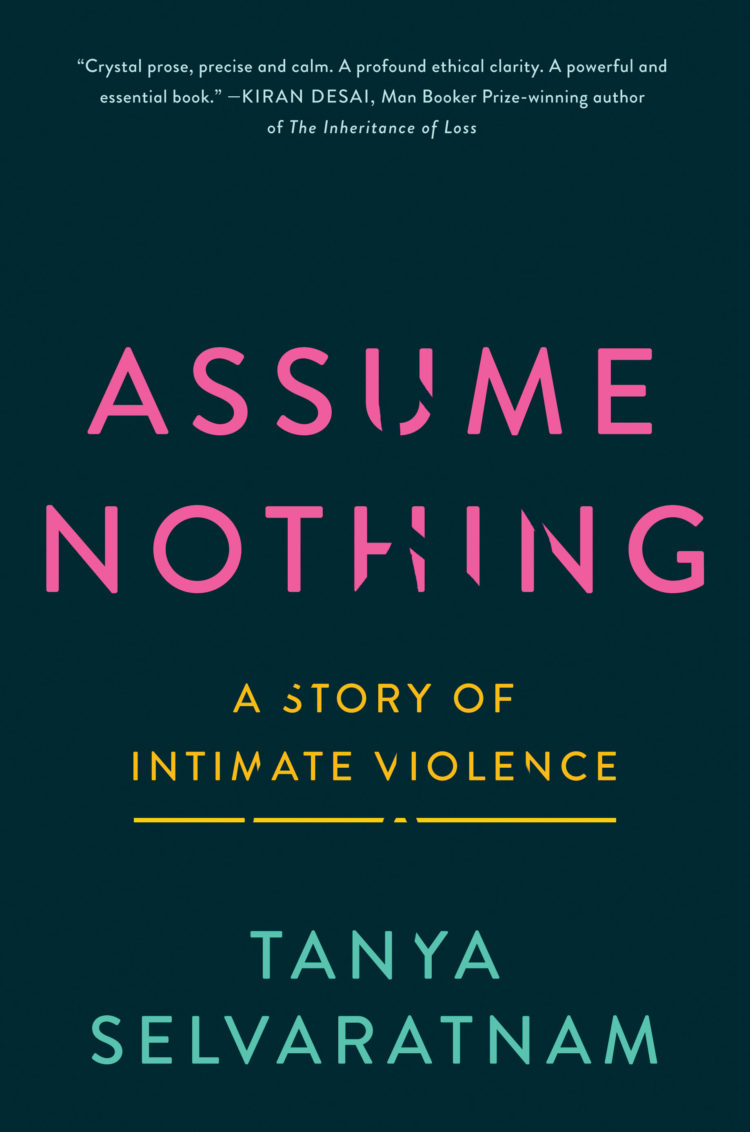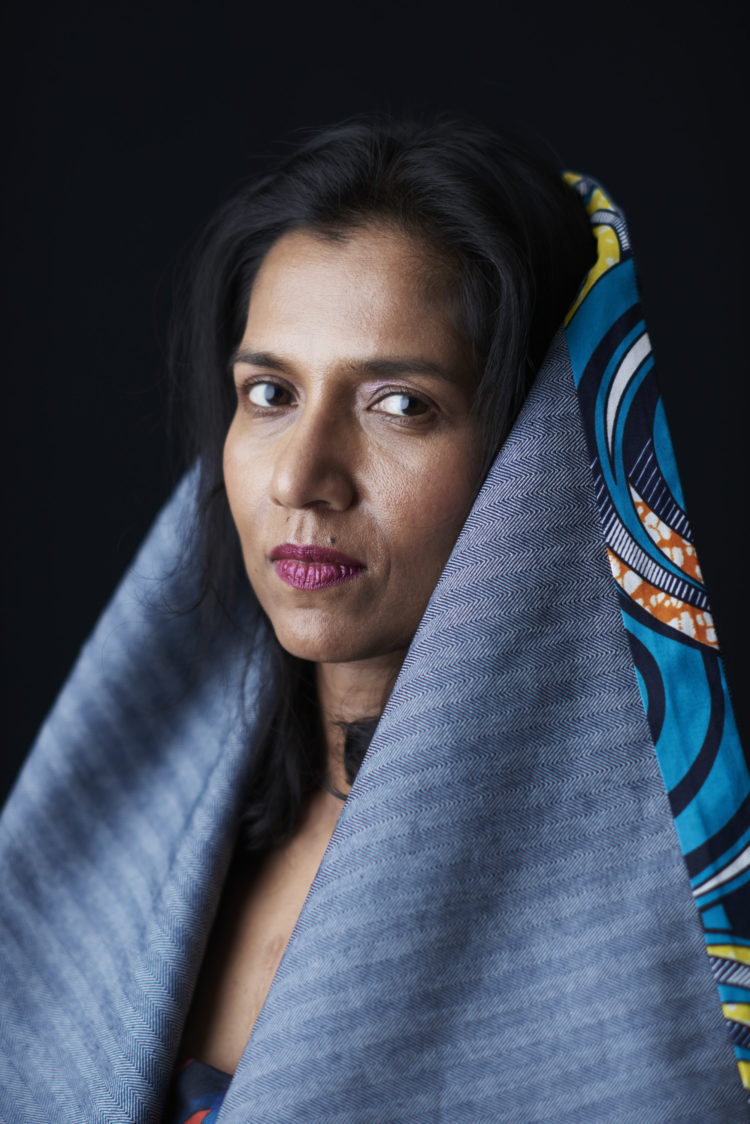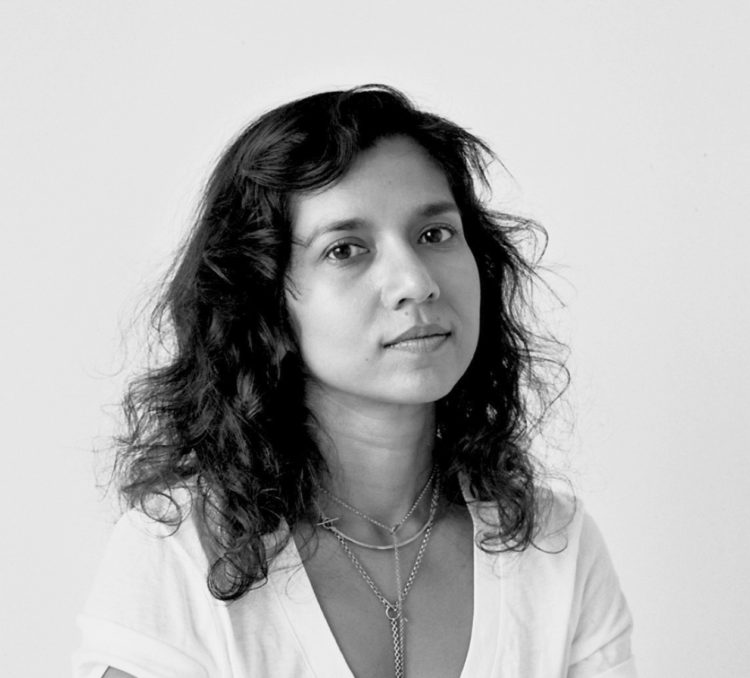Soon after she started dating Eric Schneiderman, the powerful attorney general of New York State, Tanya Selvaratnam noticed a troubling pattern in her lover’s behavior. A successful, Harvard educated author and producer in the art world, Selvaratnam initially gave Schneiderman the benefit of the doubt and tried to understand where that behavior might come from.
Although he had become a vocal supporter of women’s rights, and pushed for legislation meant to protect women, Schneiderman had also started slapping Selvaratnam during sex, and harming her in other ways. Physical and verbal abuse became the norm, and he insisted on calling her his property, his slave. He criticized her scars and asked her to get them removed by a plastic surgeon. In the slave fantasies he inflicted on her, he forced her to call him “Master.”
Selvaratnam was afraid, and ashamed. She stayed quiet, telling only some of her closest friends about the abuse, but eventually she was interviewed for The New Yorker Magazine. Immediately after her story was published, Schneiderman resigned. Still, many people doubted that a relatively high profile, independent woman like Selvaratnam could have let such abuse happen.
According to the World Health Organization, one in three women worldwide experience physical and/or sexual violence in their lifetime, but few ever call the police on their abuser. With growing calls for New York governor Andrew Cuomo to resign or be impeached, after a four-month investigation by New York’s new attorney general Letitia James found that Cuomo sexually harassed multiple women, including current and former state employees, conversations related to broader gender justice have become important markers of societal progress.
Assume Nothing is a memoir by a courageous woman who decided to go public about experiencing physical violence by an intimate partner, but it’s also a story of resilience and rebirth in a world where so many women keep their secret forever. In this interview, Tanya Selvaratnam tells us how women can find their truth and speak up when there is darkness in their relationships.

Because intimate partner violence tends to happen “in the shadows, behind closed doors,” most victims never talk about it. Has the spotlight that comes with the current #MeToo movement made it easier or more difficult to talk about intimate partner violence?
The #MeToo Movement is ongoing because, sadly, abuse is normalized from the time we are born. The next evolution of #MeToo is about exposing violence in committed relationships. It is difficult to talk about because there are typically only two witnesses: the victim and the abuser. In my case, I consented to the relationship, but I did not consent to the abuse. When the victim is in the trap of a violent relationship, it can be hard to see outside of it, it can be hard to get out of it. The most dangerous time for a woman is when she tries to leave.
I am committed to raising awareness about this insidious issue and to encouraging bystanders to be upstanders. I am grateful for my friends who were my lifeline and helped me extricate myself from an abusive situation.
Why is it so much harder for women of color to come forward or call the police on an abuser? Gender based violence is a huge issue in Black, brown and Asian communities, but studies have shown that women of color are usually more silent on that issue than white women are.
Cultural conditioning is such that women of color are expected to be quiet about the abuse they suffer. I wrote the book to take the shame and stigma out of being a survivor of color. The shame and stigma come from secrecy. We have to split the world open by sharing our stories and by knowing that we are not alone and we are not crazy.
The underreporting by women of color is in part because of the fraught dynamic between law enforcement and communities of color. The tension was heightened last year in the U.S. and in other countries during the protests against the racist killings of unarmed Black men and women, many by police officers.
We want to be able to call the police when we’re in immediate danger, but we might be scared of getting caught up in the legal system because of the targeting of communities of color by law enforcement. Domestic violence incidents are the number reason for calls to 9-1-1 in the U.S., but they are among the most underreported crimes.
We need law enforcement to go through domestic violence training, just as there have been calls for racial bias training. In addition, organizations that serve specific and local communities need more resources so that they can provide education, mental health counseling, and legal services to victims, survivors, and their families.
You write that “we can turn rage into light by advocating for change at the local and national levels.” What can women who live in countries that are not advanced democracies do? I’m thinking of countries where legislation and the justice system have failed citizens (and women in particular) for generations.
There aren’t many “advanced democracies” out there. Democracy is under siege everywhere, including in the U.S. During the pandemic, domestic violence and femicide rose at alarming rates in many parts of the world. Some of those countries are governed by autocratic rulers. Many people live in places where speaking out puts their lives at risk.
We have to be sensitive to this fact, while calling for the international community to hold governments accountable for the status and treatment of women in their countries. Why hasn’t the U.S. ratified the Convention on the Elimination of All Forms of Discrimination against Women (CEDAW)? Why hasn’t it passed the Equal Rights Amendment (ERA)? These types of treaties and pieces of legislation have to be instituted here and elsewhere.
And women must support each other, locally and globally. The safety of women is a threat to male power. This is the mental model we are up against. However, the reality is that the safety of women is directly linked to the prosperity of a country. We have a lot of work to do to get to that reality. The path to a safer and fairer world will be bloody and brutal. It might not happen in my lifetime, but I will do what I can to advocate for it.


